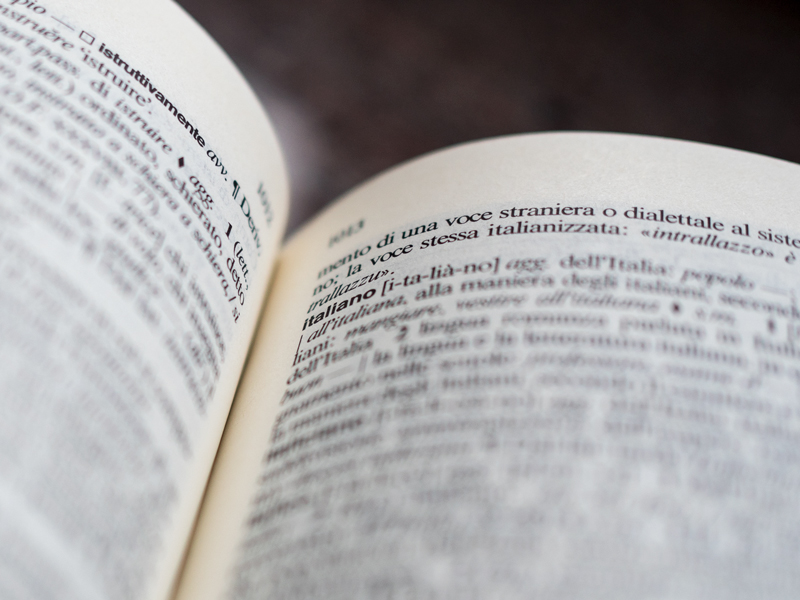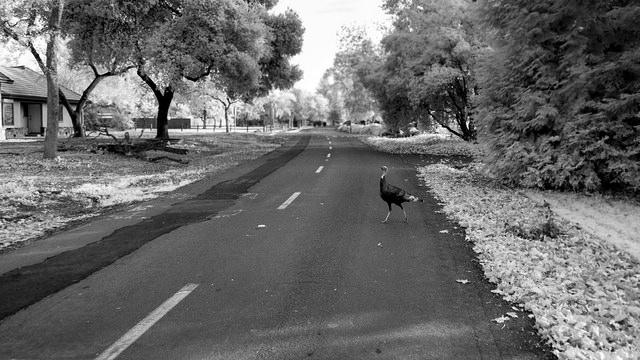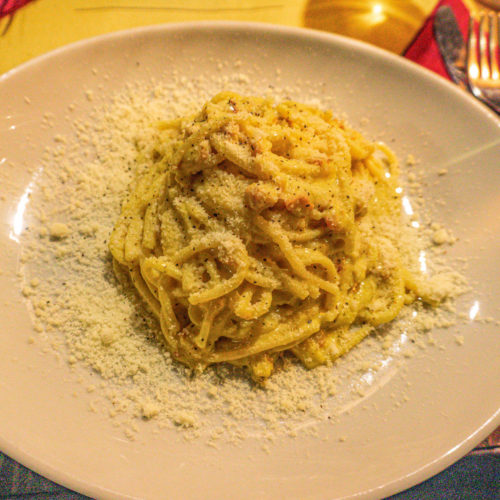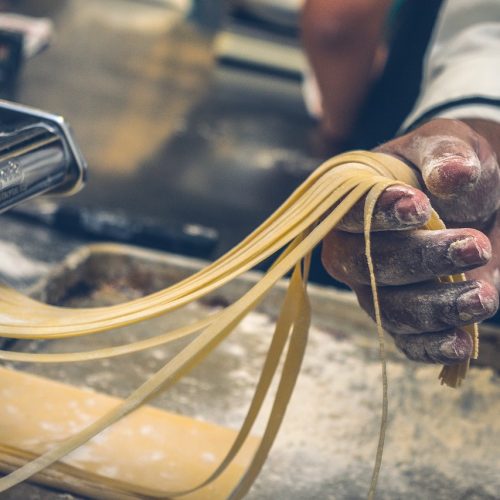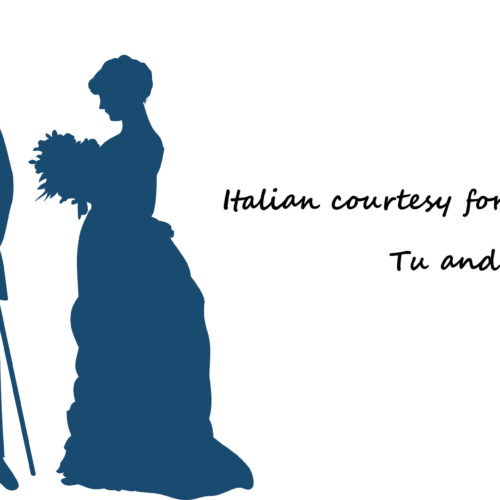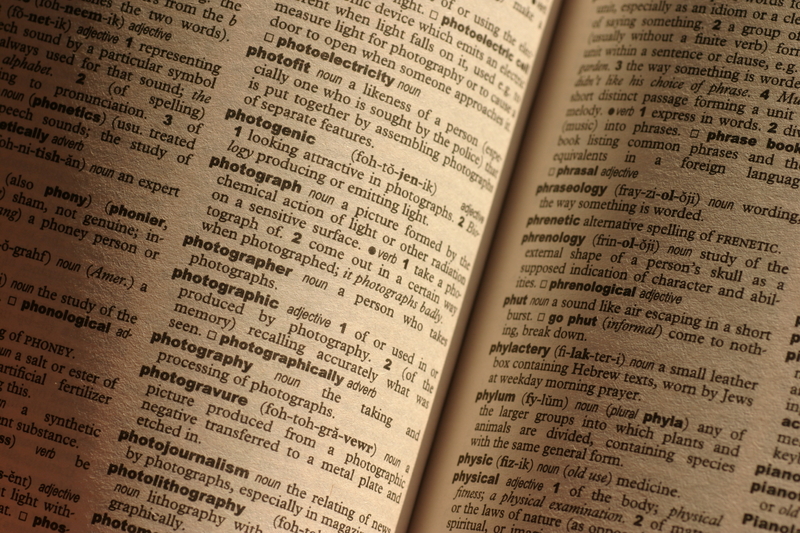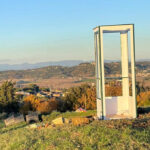Learn Some Important Adverbs to Help You Discuss Time in Italy
When learning about how to speak about “the time” in Italian we must first look at the adverbs that are linked to such discussions. An adverb is the invariable part of speech that determines, changes or modifies the meaning of the verb to which it refers. The name adverb comes from the Latin “adverbium” which means close to the verb or to the word.
Adverbs of time are used to indicate the period of time in which certain actions take place and they answer the question Quando? – DA quando? (When? Since when?) Here below some adverbs for you to keep in mind:
Oggi = today
Domani = tomorrow
Dopo = after
Ieri = yesterday
L’ altro ieri = the day before yesterday
Dopodomani = the day after tomorrow
Ora/Adesso = now
Qualche volta = sometimes
Recentemente = recently
Sempre = always
Durante = during
Frequentemente = frequently
Di rado = seldom
Mai = never
Stasera = tonight
Stamane = this morning
Tardi = late
Spesso = often (ie: Non bevo spesso il caffè = I don’t drink coffee often.)
The preposition DA is used to express the start (time) of a duration. In grammar it is called Duration Forms. It’s used to indicate an action started at certain time in the past which does exist now or is still in progress. In Italian this type of action is expressed by a simple time (Present or Imperfect). In English it is expressed at the Present Perfect (simple or continous) and the Past Perfect. Complement of time is introduced by SINCE if it is set at the beginning of the action; by FOR if it highlights the length.
How long have you attended this school? I have attended it since September 2003. For two years.
Quanto hai frequentato questa scuola? Ho frequentato questa scuola dal settembre 2003, per 2 anni.
Preposition DA. This preposition is utilized to express the beginning of a duration, for example: as of
Da lunedì comincio a studiare Italiano = As of Monday I start to study Italian
Da ieri = as of yesterday
Dal 10 luglio…. = as of July 10th…
Da domenica iniziano i saldi = The sale starts Sunday
From one time to another…
Da settembre a ottobre inizia la vendemmia = From September to October it’s harvest time
Lavoro da lunedì a venerdì = I work from Monday to Friday
Da adesso in poi non mi arrabbio più = From now on I won’t get angry any more
Ogni giorno lavoro dalle nove alle cinque = I work every day from nine to five
Da domani in poi = from tomorrow on
Since (decorrenza) or For (tempo, durata)…
Da quanto tempo aspetti? = How long have you been waiting?
Lo conosco da due mesi = I have known him for two months
Da prima della guerra = since before the war
Dal 1910 = since 1910
da che partì = since he left
Sono felice da quando sono sposato = I’m happy since getting married
Quando nevica, andiamo a sciare = When it snows we’ll go skiing
Quell’epoca è finita da un pezzo = that time has long since passed
Nel frattempo è diventato direttore = he has since become a director
Lavoro in quel negozio da tre anni = I have been working in that shop for three years
Non vedo Claudio da molto tempo = I haven’t seen Claudio for a long time (durata)
Non vedo Claudio dal 1976 = I haven’t seen Claudio since 1976 (decorrenza)
La mia macchina non funziona da dieci giorni = My car has not been working for ten days
Avverbi: dopo, durante, prima
In Italian the adverb dopo (after – afterwards) is not followed by any preposition, except in a few instances (like “dopo di te” = “after you”). This is an adverb that is used often in Italian:
Telefonami dopo cena = call me after dinner
Siamo rimasti fin dopo le tre = we stayed until after three
Non sarò pronta per l’esame prima di aprile = I won’t be ready for exams before April
Purtroppo non ci vediamo prima di domani = Unfortunately we’ll not see each other before tomorrow
Il sei viene dopo il cinque = number six comes after number five
Andai a fare una passeggiata dopo cena = I went for a walk after dinner
Durante – during is applied in the same way as in English. Some examples:
I negozi sono chiusi durante l’inverno = The shops are closed during the winter
Verrò un po’ di tempo in Italia durante l’estate = I’ll come to Italy for some time during the summer
Durante l’ultima vacanza ti sei fatto male = During the last holiday you got hurt
Ho mangiato troppo durante Natale = I ate too much during Christmas
Usually in Italian the adverb prima – before is followed by the preposition DI, so prima di or prima che.
Non posso essere lì prima di lunedì = I can’t be there before Monday
Avanti Cristo = Before Christ
Fra poco = Before long
Verrò a trovarti prima di partire = I’ll come and see you before I leave
Ho bisogno di vederti prima che io parta = I need to see you before I leave
Prima del 1980 = Before 1980
Prima che mi dimentichi, voglio dirti che…. = Before I forget, I want tell you that…..
Ieri, Domani (Yesterday, Tomorrow)
“La mamma ieri mi ha detto, ‘Adesso vai a dormire. Domani mattina potrai andare a giocare sullo scivolo e sull’altalena e nel pomeriggio noi due andremo al mare.” = “Yesterday my mother said to me, ‘Now go to sleep. Tomorrow morning you can go play on the slide and the swing and in the afternoon the two of us will go to the beach.”
- Verrò a trovarti domani = I’ll come and see you tomorrow
- Si è fatto tardi = It’s getting late
- Te lo dirò più tardi = I’ll tell you later on
Until = Fino a… When using these expressions we’re not concerned with when an action began, but rather when it will end.
Lavoro fino a venerdì = I work until Friday
E’ troppo caro = It is too expensive
Non lavoro fino a domani = I don’t work until tomorrow
Non ho lavorato fino al 1970 = I didn’t work up to 1970
Fino a 10 km…. = Up to 10 kilometres
Through. You can say, “Questo latte è valido fino al 10 dicembre” which means, “This milk is good through December 10th.”
Esercizio:
- Elisa va al mare…….- domani
– il mese scorso
– prima
- ……..ho mangiato troppo, ed adesso ho mal di pancia.- ora
– di rado
– oggi
- ……..vado al cinema- ieri
– stamani
– stasera
- Ho dormito …… tutto il concerto.- fra poco
– durante
– stamane
- Vado spesso a dormire……- tardi
– stamane
– ora
Risposte:
Answers: 1. domani, 2. oggi, 3. stasera, 4. durante, 5. tardi.
Answers to exercise Telling the time in Italian:
Sono le otto e quaranta due; sono le 9 meno 18; mancano 18 minuti alle 9
Sono le tre e cinquanta due; sono le 4 meno 8.
Sono le quattro e quaranta-cinque; sono le cinque meno un quarto.
Sono le tre e trenta; sono le tre e mezza.
Sono le sei e venticinque
Sono le due e cinque; sono cinque minuti passate le due.
By Elisa Bressan

